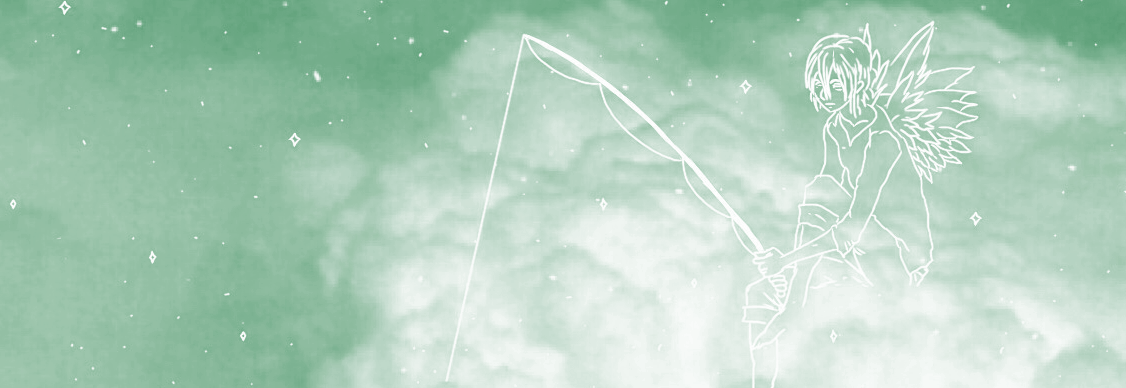Zodiac Sign Dates: What Are The Dates for Every Star Sign?

What are the zodiac sign dates for every star sign? Your zodiac sign, also known as your Sun sign, is based on a range of dates that lasts about a month. If you were born with this date range, you are a member of this zodiac sign.
Although the exact dates can shift plus or minus a day, depending on the year, here are the general zodiac sign dates used by Western (or Tropical) astrology:
WESTERN ASTROLOGY STAR SIGN DATES
Aries (March 21-April 19)
Taurus (April 20-May 20)
Gemini (May 21-June 20)
Cancer (June 21-July 22)
Leo (July 23-August 22)
Virgo (August 23-September 22)
Libra (September 23-October 22)
Scorpio (October 23-November 21)
Sagittarius (November 22-December 21)
Capricorn (December 22-January 19)
Aquarius (January 20 to February 18)
Pisces (February 19 to March 20)
The Tropical Zodiac: Stars signs based on seasons, not constellations
In Western astrology, your star sign dates are calculated we use what’s called the Tropical Zodiac, which is based on the seasons. It is calculated by the path of the Sun against the sky, called the ecliptic, as it travels through an imaginary 360-degree circle known as the zodiac.
In second century Alexandria, the great mathematician and astronomer/astrologer Ptolemy created the Tropical Zodiac. It’s is a fixed system that is not affected by changes in the constellations or the Earth’s axis. Ptolemy used the same names for the zodiac signs as he did for the constellations, which is why there is often confusion around the birth date range. The Tropical Zodiac is static and not affected by shifts in the Earth’s axis. It is based on the seasons.
The Tropical Zodiac begins every year with the Aries pseudo-constellation—or the Aries slice of the zodiac wheel—which is based on the position of the Sun at the Spring Equinox on March 21. The Sun enters Cancer on the Summer Solstice, the longest day of the year. It enters Libra at the Fall Equinox, and it enters Capricorn at the Winter Solstice, or the shortest day of the year.
What if I was born on a cusp?
The Sun moves into a new zodiac sign every 30 days, on approximately the same date every year. *However, it can shift by a day from year to year, and that’s why we have the concept of a “cusp” birthday. The myth of the cusp is that you are two star signs, instead of just one. You’re not. Whatever zodiac sign the Sun was traveling through at the moment of your birth determines your star sign. To figure out your exact zodiac sign, you need to know what time you were born. You can do a free chart here to discover what your actual Sun sign is.
I heard there were new zodiac signs, or a 13th sign called Ophiucus? Is this true?
Periodically, astronomers will point to the fact that the Earth’s axis has wobbled and therefore the position of the constellations in relation to us has shifted. They are correct about that. However, they will then announce that there is actually a 13th sign, or a new zodiac sign, called Ophiucus. This is NOT true.
Here’s why: Western astrology is NOT based on the actual positions of the constellations. It is calculated by the Earth’s rotation around the Sun, using a fixed and imaginary circle (or band) around the Sun that is divided into 12 different 30-degree segments.
Vedic Astrology and the Sidereal Zodiac
Vedic astrology, also known as Jyotish, is the traditional Hindu astrology system. It is based on the Sidereal zodiac, or Nirayana, which is an imaginary 360-degree “belt” of zodiac signs divided into 12 equal sectors. However, Vedic astrology is different from Western astrology in that it measures the fixed zodiac, rather than the moving zodiac. So in Vedic astrology, the Aquarius dates would be February 13-March 12. Go figure!